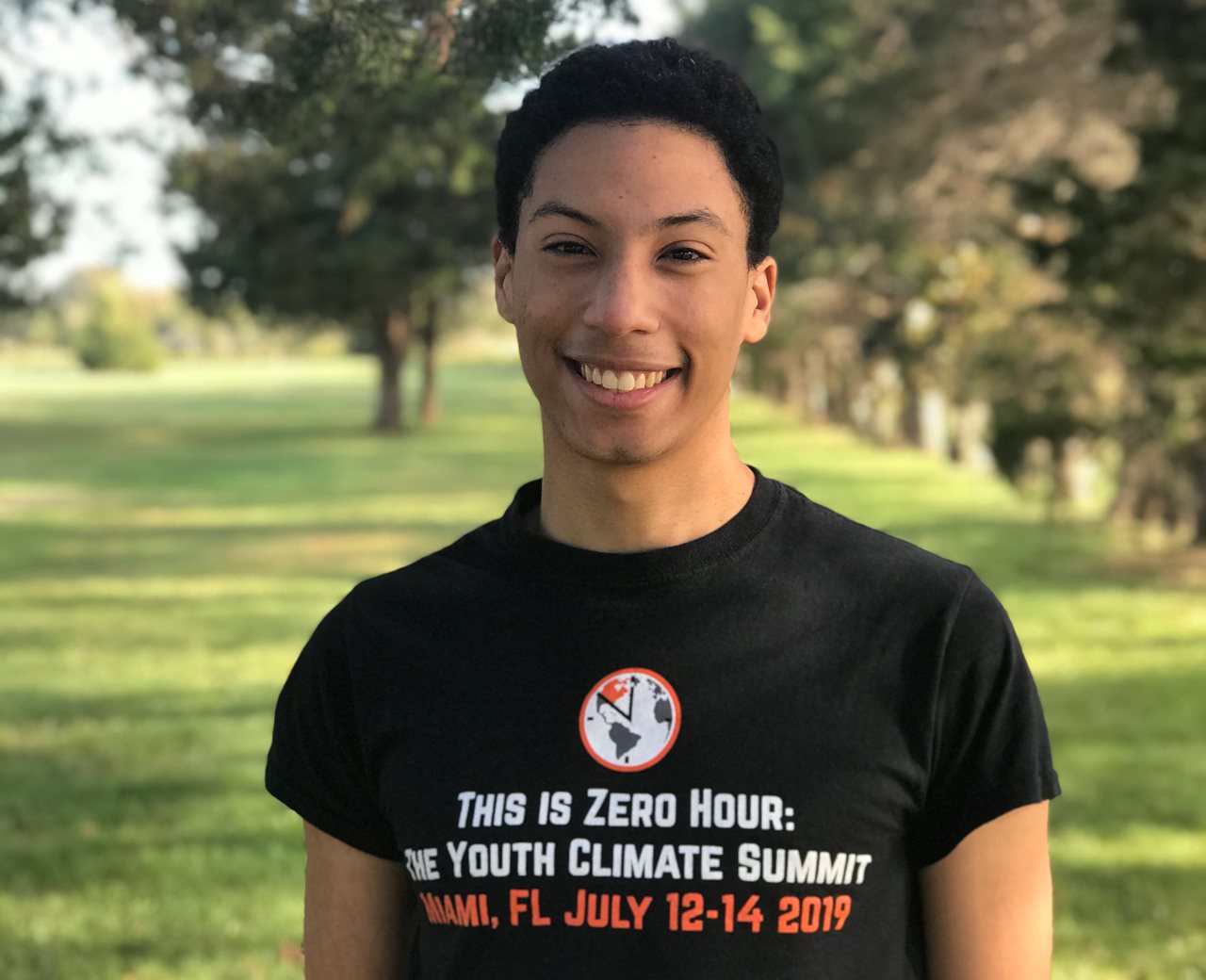A Catalyst For Change: Gen Z And The Climate Movement
(BPT) - In recent years, Gen Z has emerged as a pivotal force in the climate industry, significantly influencing the way climate change is addressed in our local and regional communities across the United States. This generation is not only actively participating in the climate conversation but also reshaping it with a diverse and inclusive perspective.
The Tom's of Maine Incubator
One example is the Tom's of Maine Incubator, which is designed to resource the next generation of leaders from underrepresented communities who are driving environmental solutions. The program provides funding, mentorship, amplification, and support to early-career changemakers to empower them to Do Good. For Real. The program was first introduced in 2023, and a second cohort of Gen Z leaders has been identified to address climate change in the year ahead:

Brittney Portes, Founder of Gardens of Sol based in Montclair, NJ. Brittney uses her business to raise awareness about sustainable agriculture and farming in her local community.

Danielle Lee, Content Creator of Battery Girlie based in San Francisco, CA. Danielle uses her platform to help Gen Z build impactful careers fighting climate change.

Diamond Spratling, Founder and Executive Director of Girl+Environment based in Atlanta, GA. Diamond created Girl+Environment to empower Black and Brown women to stand up for environmental justice.

Jasmine Lamb, Chair of the Sipayik Resilience Committee based in Orono, ME. Jasmine is committed to improving community resilience against climate change and elevating Native American voices in the climate movement.

Zanagee Artis, Founder of Zero Hour based in Washington, D.C. Zanagee founded his organization with the goal of elevating the voices of young people of color and people on the front lines of the climate crisis.
Representation in the Climate Movement
In the United States, Gen Z's influence is particularly evident at the local and regional levels, as seen with this year's Incubator Members. They are not just participants in climate discussions; they are initiators and leaders of grassroots movements, community projects, and policy advocacy. For instance, the Incubator Members are working with local governments to develop climate action plans, advocating for renewable energy projects, and raising awareness about sustainable practices within their communities. Their hands-on approach ensures that climate action is not just centered around certain individuals but speaks to the wider population, ensuring those most impacted by climate change are included in finding solutions.
Tom's of Maine believes that addressing climate change is crucial for several reasons. First, it's about preserving the planet for future generations. Climate change poses significant risks to our environment, health, and economy. By taking action now, you can help mitigate these risks and ensure a sustainable future. Secondly, addressing climate change is essential for social equity, as its impacts often disproportionately affect marginalized communities. As climate change continues, the increased risk from hurricanes is likely to disproportionately affect Black communities, according to McKinsey & Co.
The Power of Gen Z
Gen Z understands the challenges impacting marginalized communities and they are changing this narrative by bringing diverse voices to the forefront. They recognize that the impacts of climate change are not uniform and that solutions must be equitable and inclusive. By diversifying the climate movement, Gen Z leaders like those in the Tom's of Maine Incubator ensure that the conversation reflects a broader range of experiences and perspectives, leading to more sustainable solutions.
As Gen Z continues to shape the conversation, you can take action at the local and regional level to address climate change in your community. You can help support and amplify the efforts of the Tom's of Maine Incubator members, volunteer in climate change activities near you, and make a small difference for the health of our planet.
April 1, 2024
